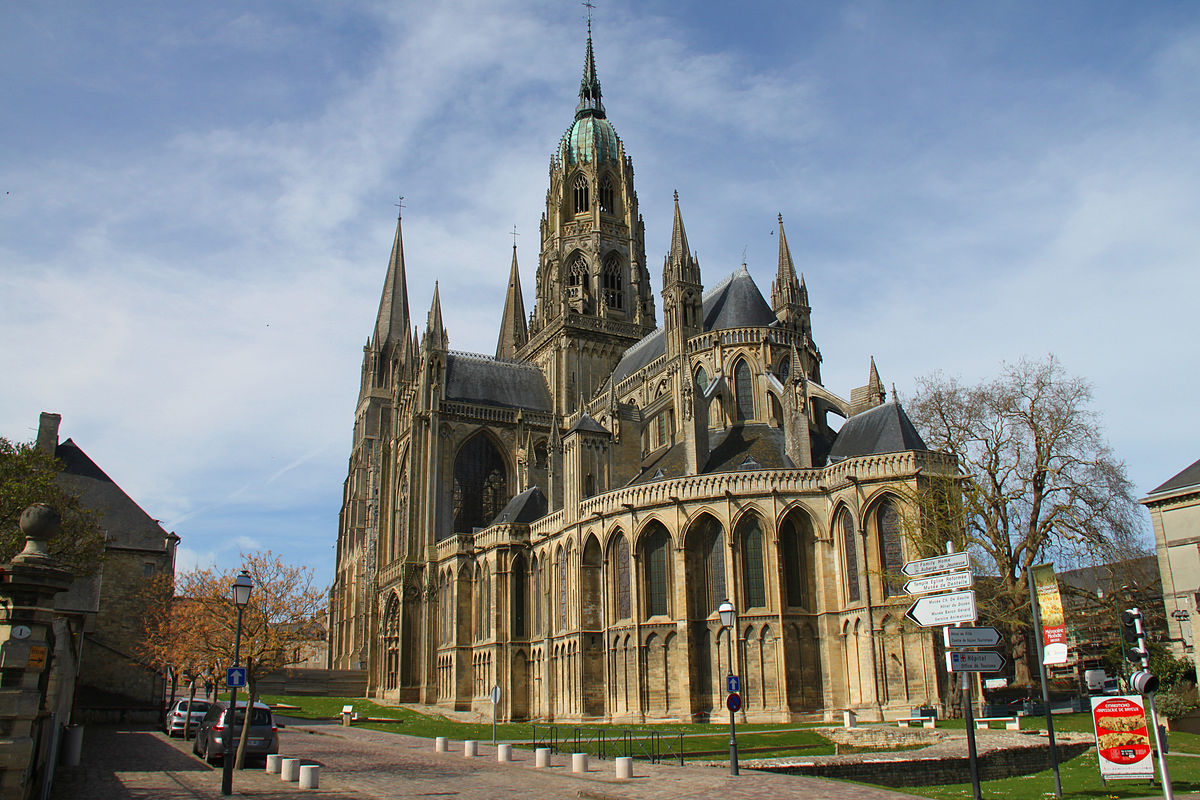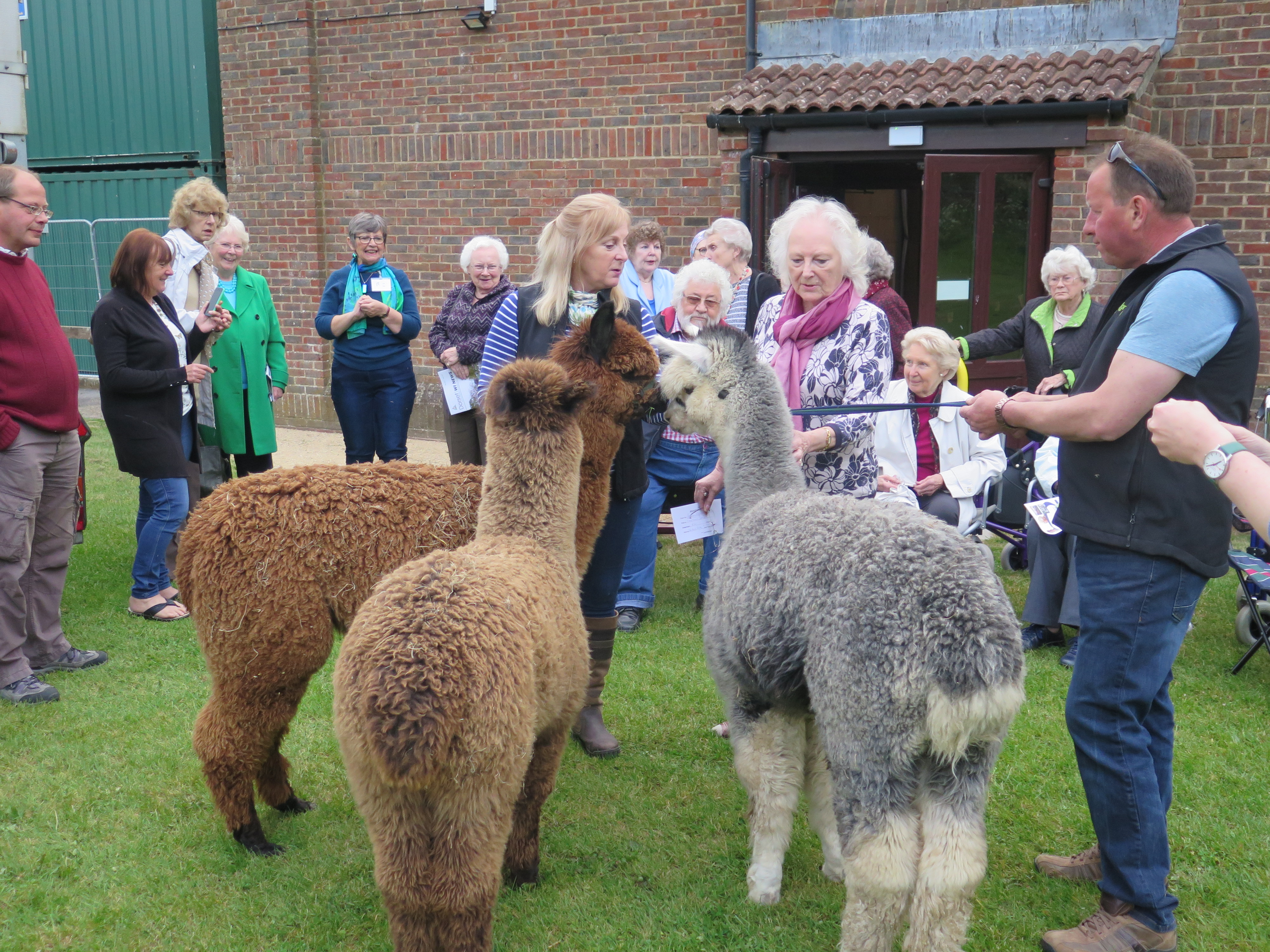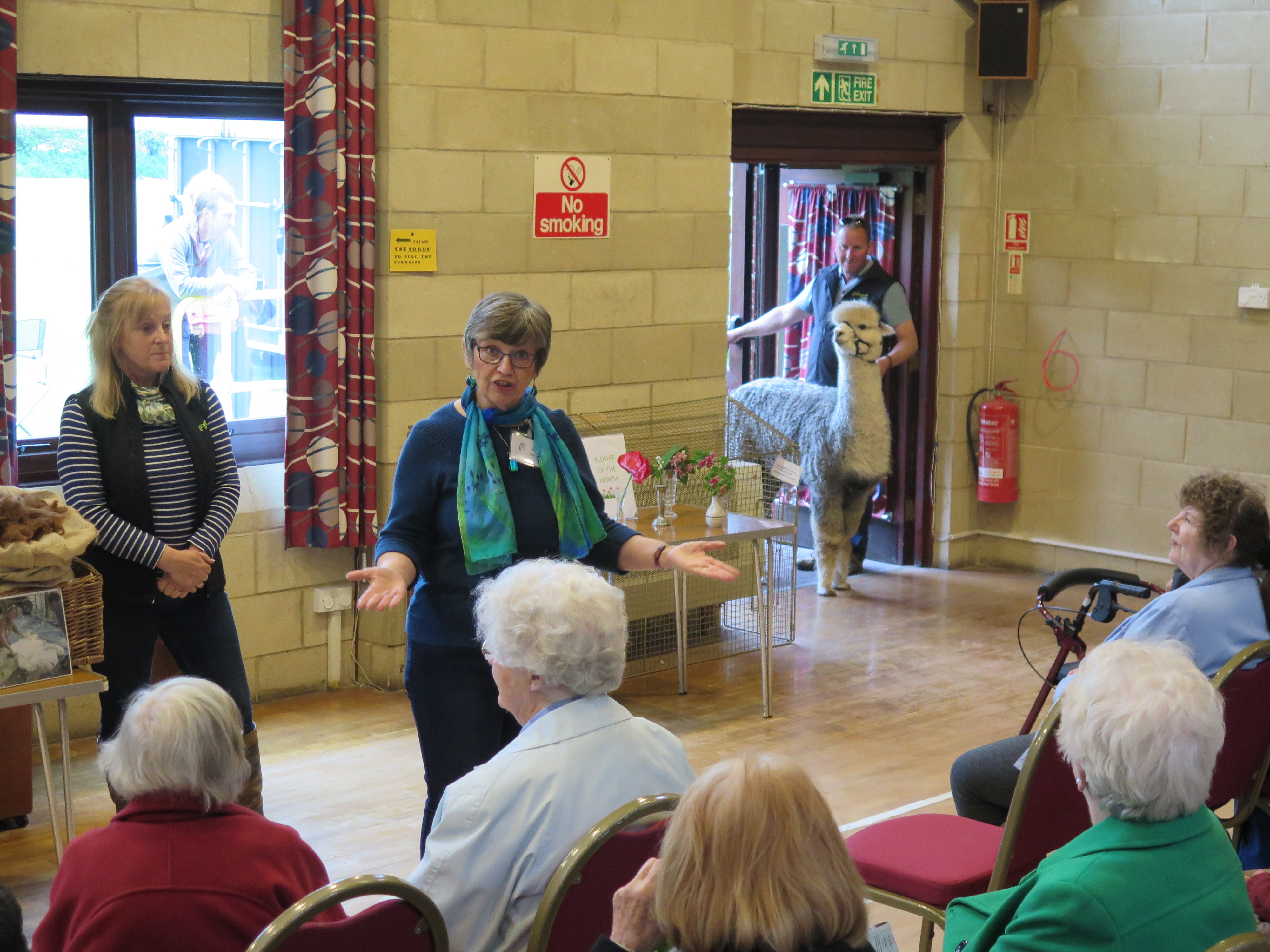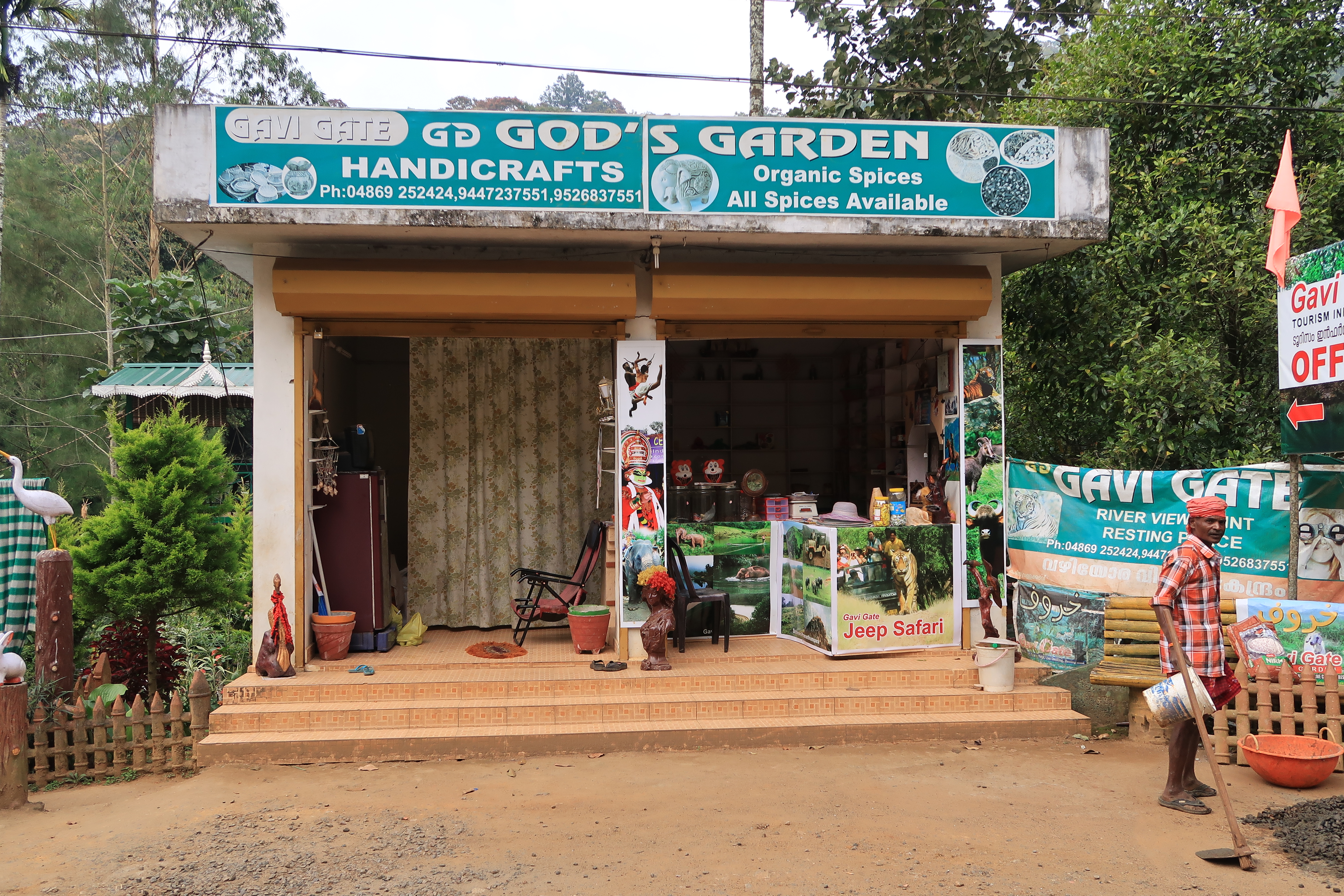News
May 2017 Meeting
Nobody could say that we are unadventurous or lacking in imagination where our meetings are concerned. Our subject this month was far removed from the usual things for which the WI are famous No cake baking or jam making but a welcome visit from three alpacas! Sally Mead from Longthorn Farm, Wareham, brought her delightful “boys” for us to meet and learn a little more about them. Alpacas come from South America and were kept by the Incas. We learnt a lot of fascinating facts about them: they make excellent guard “dogs”; they are very sociable creatures and like to be in a group of three, and quite delightfully, all the while they were standing together they were “talking” to each other in low whimpers. Sally has twelve breeding females and six males. Alpacas have a gestation period of eleven months, and mating takes twenty minutes! Babies are called crias and black ones need to have vitamin A, D, and E injections to keep them healthy. The largest alpaca which came to see us was Fabbio and that pretty much described him. He was the clearly the boss and looking forward to next year when hopefully he will become a stud alpaca! The other two were called George and Geronimo and were brown and slightly smaller. The wool of the alpaca is very difficult to spin unlike lamb’s wool, but despite that it is extremely soft and very warm. We were not too keen to say goodbye to these lovely creatures! They are gentle and people friendly, and it was a totally delightful evening.
And an alpaca joined in the meeting!
Having said goodbye to the alpacas, our business meeting took place. We have a brilliant new programme for the next twelve months. So do come and visit us.
March 2017 Meeting
We welcomed back Anthony Thorpe to our March meeting, talking this time about ‘Town Twinning between Dorset and France’. Having visited France on seventy-two occasions - so far - Anthony has a wealth of information to impart which he did with his usual enthusiasm.

Dorset County is twinned with the La Manche department of France, and Dorchester has been twinned with the Normandy town of Bayeux since 1959 - known of course for its Norman Cathedral and the amazing Bayeux Tapestry. That itself was created in the 11th Century and is a huge 230 feet in length and 20 inches high. Members of The Dorset Twinning Society head off to Bayeux on a regular basis, the two towns continuing with their promotion and fostering of friendship, by encouraging visits. The Dorchester man who started it all was Regimental Sergeant Major John Brereton who was born in 1920 and died as recently as 2011. Dorset Regiments had been the first to enter this area in 1944, and this was the reason for the two towns to stay well acquainted.
Bayeux has a beautifully kept Cemetery with 4,000 graves, the biggest in Normandy, and where 12 local Dorchester young soldiers are buried. Many troops who lost their lives in the Allied Landings of 1944 are buried there.
We also learnt that Dorchester has been twinned with Lubbecke in Germany since 1973, and Holbaek in Denmark since 1992. Twinning began after World War 2 came to an end in an effort to reduce further conflict.
As is usual, we asked one of our members to carry out a vote of thanks at the end of Anthony’s talk, and we were delighted to hear her do this in French!
Our April meeting incorporates our Annual Meeting, but before that we will be listening to Peter Down, the Chair of the Board at Dorset County Museum, talking about its Past, Present and Future. If you are interested to hear what your local WI is all about - come along and meet us on the second Thursday evening of the month. Contact our President, Leri, on 07879 405698 or email us on bandwkwi@gmail.com .
February 2017 Members Meeting
Once again, we welcomed our old friend Chris Shaw who took us, without passports or travel sickness to the magical land of the tiger – India! Chris went to India two years ago, and her express intention was to see a tiger in the wild, and preferably more than one. She went to three of the national parks, Pench, Kanha and Bandhavgarh, all of which have conservation programmes to protect tigers in the wild.
Setting off in the freezing cold of the very early morning, Chris and her fellow travellers boarded an open jeep with a guide, and set off for the park. There are very strict rules regarding “tiger watching”, one of which is that the guides are not allowed into the parks until the barriers are raised, and they must be out of the park by 6.30pm. Failure to abide by these rules is to risk being barred from the park as a guide in the future. Tigers on the road take precedence over everything! A male tiger requires thirty square miles of territory. They are extremely difficult to see, even when you know there is one close by. They blend into the background superbly. Despite the best efforts of the drivers, guides and travellers, Chris only saw one tiger on her first visit. Her second visit to India was a different matter. Despite the cost, and the professionalism of the guides and drivers, there is no guarantee that you will see a tiger. However, on this second trip to the same National Parks, Chris could see, at terrifyingly close range seventeen tigers, one of which had four cubs with her. Chris illustrated her talk with the most beautiful photos of various jungle scenes, animals and of course, the magnificent tigers. We were, as we always are with Chris, totally engrossed and utterly delighted with her story and her presentation. Another superb evening with the WI.
If you would like to know more about our WI, please ring Leri on 07879 405698 or email us on bandwkwi@gmail.com . – we are always happy to welcome new members.
Barbara Seeby



